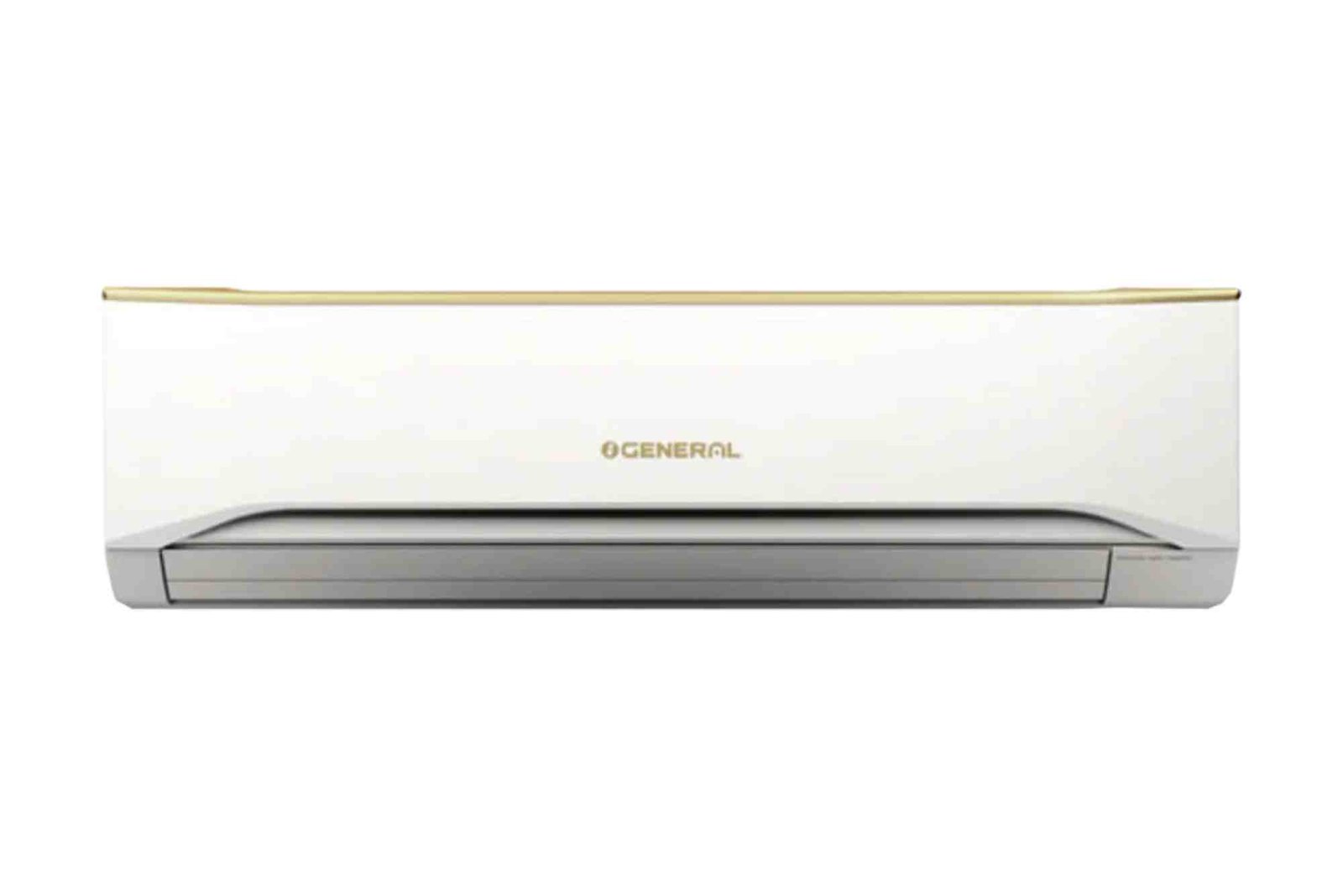Introduction
Journaling is more than just writing down your thoughts—it’s a form of self-care, reflection, and emotional healing. Many psychologists and wellness experts believe journaling can significantly improve mental health, reduce anxiety, and foster a sense of mindfulness. If you’ve been wondering how to journal for mental health 2 — a quick guide, this detailed article will help you get started. Whether you’re a complete beginner or someone looking to refresh your routine, this guide will walk you through the science, techniques, and benefits of journaling for emotional wellness.
Why Journaling Works for Mental Health
Writing can be a powerful way to process emotions. When you transfer your thoughts from your mind onto paper, you give them structure and meaning. This helps you understand what’s really bothering you and reduces the emotional weight. According to studies published in psychological journals, expressive writing can lower stress hormones and even improve physical health. Journaling also helps regulate the nervous system by encouraging a sense of control and clarity, both of which are vital for mental well-being.
Journaling also acts as a mirror—it helps you see your progress and recognize patterns in your emotions and behaviors. Over time, this awareness builds resilience and emotional intelligence.
How to Start Journaling for Mental Health
Starting a journaling habit doesn’t require fancy notebooks or complex systems. The most important step is simply to begin.
Choose Your Medium
Some people love the tactile feel of pen and paper, while others prefer digital journaling apps. The key is consistency. Pick what feels natural to you. Physical notebooks can create a sense of mindfulness, while apps like Daylio or Journey allow for quick entries and privacy.
Set a Comfortable Routine
Decide when you’ll journal—morning, evening, or whenever emotions arise. Mornings are great for setting intentions and clarity, while evenings allow reflection and release of daily stress. Setting a consistent time creates a comforting routine, helping you feel grounded.
Start Small and Stay Realistic
Many beginners quit because they set unrealistic goals. Start with five minutes a day. Write about what you feel, what’s on your mind, or what you’re grateful for. Over time, it will become a natural and soothing ritual.
Different Types of Journaling for Mental Health
There’s no one-size-fits-all approach to journaling. Each method serves a different purpose, and experimenting can help you find what works best.
Gratitude Journaling
Gratitude journaling focuses on positivity. Writing down things you’re thankful for can shift your mindset from what’s lacking to what’s abundant. Studies show that consistent gratitude journaling improves mood and sleep quality.
Reflective Journaling
This type involves analyzing your thoughts, actions, and emotional triggers. It helps you identify behavioral patterns and areas where you can grow. For instance, if you often feel anxious before social events, reflective journaling can reveal the reasons behind it and help you create coping strategies.
Bullet Journaling
Bullet journaling blends creativity and structure. It How To Journal For Mental Health 2 combines short notes, symbols, and visual elements like charts to organize thoughts and track habits. For those who find comfort in order, this method can be particularly effective.
Stream-of-Consciousness Writing
Here, you write without censoring yourself. This helps release suppressed emotions and access deeper self-awareness. The goal isn’t to be polished but to be raw and honest.
Prompted Journaling
If you struggle to know what to write, prompts are your best friend. You can find daily mental health prompts online or in specialized journals. Prompts like “What emotion am I feeling right now?” or “What can I let go of today?” guide your reflection and help you explore your inner world.
The Psychological Benefits of Journaling
Journaling has multiple evidence-based benefits for mental health.
It reduces anxiety by externalizing worries and helping you process them logically. It fosters mindfulness by anchoring your awareness in the present moment. It boosts emotional intelligence by increasing awareness of your emotional triggers and responses. Moreover, journaling enhances problem-solving skills by allowing your mind to brainstorm freely.
Researchers also found that writing about emotional experiences helps people recover from trauma, improve immune function, and manage depression symptoms more effectively. This is because journaling bridges the gap between emotions and cognition, helping the brain process feelings constructively.
Common Mistakes Beginners Make
Even though journaling is simple, beginners often make mistakes that make it harder to stay consistent.
One common mistake is overthinking what to write. Remember, this is for your eyes only. It doesn’t need to be perfect or profound. Another mistake is inconsistency. Journaling once in a while doesn’t provide lasting benefits. The power lies in making it a daily or weekly habit. Finally, don’t use your journal as a space for self-criticism. Be compassionate with yourself. Your journal should be a safe, non-judgmental space for growth.
How to Stay Consistent
Consistency is key to experiencing the true benefits of journaling. Here are a few strategies to help you build the habit.
Create a Ritual
Light a candle, make tea, or play soft music before journaling. These small actions signal your brain that it’s time for reflection.
Keep It Accessible
Place your journal in a visible spot—your nightstand, desk, or phone home screen. Accessibility reduces excuses and keeps you accountable.
Use Prompts or Themes
Dedicate certain days to specific themes. For example, Mondays for gratitude, Wednesdays for reflection, and Sundays for weekly reviews.
Don’t Aim for Perfection
Some days you might only write a sentence—and that’s okay. Progress matters more than perfection.
Advanced Journaling Tips for Deeper Healing
Once journaling becomes a habit, you can use it as a powerful mental health tool for self-discovery and transformation.
Combine Journaling with Mindfulness
Before writing, take a few deep breaths to center yourself. Focus on how you feel in the moment. This practice deepens your connection to your emotions and makes your journaling more authentic.
Track Emotional Triggers
Create a section in your journal to note down triggers and your reactions. Over time, you’ll identify patterns and find healthier responses.
Incorporate Affirmations
Write positive affirmations alongside your entries. Statements like “I am capable of growth” or “I choose calm over chaos” rewire your mindset for positivity.
Reflect on Past Entries
Revisiting old entries helps you measure growth and resilience. You’ll notice how challenges that once seemed overwhelming became lessons in strength.
Using Journaling with Other Wellness Practices
Journaling works beautifully alongside other wellness habits. Pair it with meditation, yoga, or exercise for holistic mental health benefits. Physical activity releases endorphins, while journaling processes emotions—creating a complete mind-body balance. For instance, if you enjoy fitness routines or wellness training, explore related sports & fitness resources and professional guidance from ACE Fitness to complement your journaling journey.
Journaling for mental health is one of the simplest yet most transformative habits you can adopt. It allows you to connect deeply with your emotions, release stress, and foster gratitude and mindfulness. Over time, you’ll begin to notice greater emotional balance, focus, and self-compassion.
If you’re ready to start your wellness journey, visit how to journal for mental health 2 — a quick guide for practical examples and templates. Combine journaling with physical wellness practices from ACE Fitness and explore related sports & fitness resources to support your overall well-being.
FAQs
How do I start journaling for my mental health?
Start by setting aside five minutes daily. Write freely about your feelings, goals, or gratitude. The key is consistency, not perfection.
What should I write in my mental health journal?
Write about your emotions, daily challenges, things you’re grateful for, and lessons learned. Use prompts if you feel stuck.
Can journaling replace therapy?
No, journaling is a helpful self-care tool but not a substitute for therapy. It can complement professional treatment and enhance self-awareness.
How often should I journal?
Aim to write at least three to five times a week. Regularity helps create emotional balance and clarity over time.
Does journaling really help anxiety and depression?
Yes. Studies show journaling reduces anxiety and depressive symptoms by helping you process emotions and release mental tension.









